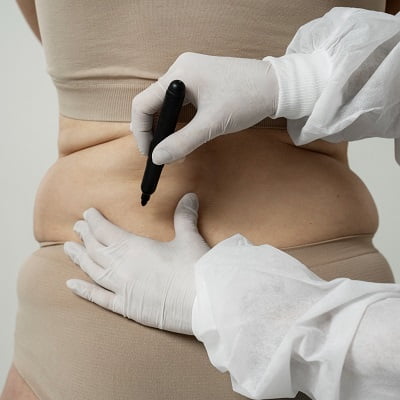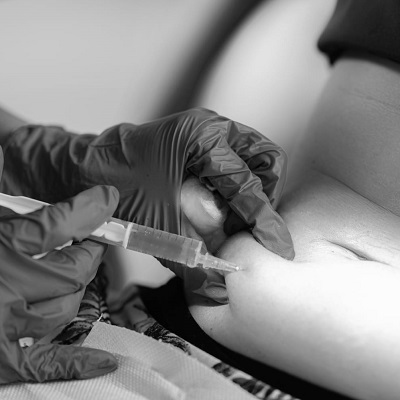Losing weight can improve your health and decrease your threat of persistent illnesses. Therefore, a bariatric surgical operation is a good choice. Many individuals do, however, question How Soon Can I Regain the Weight After Bariatric Surgery. Therefore, on this blog, you may get sufficient data to clear all of your doubts.
What is Bariatric Surgery?
Many techniques utilized in bariatric surgical treatment adjust the digestive tract to useful resource in weight loss. Most regularly used are flexible gastric bands, sleeve gastrectomy, and gastric skip. These treatments either limit meal consumption, decrease the belly, or modify the digesting method.
Although bariatric surgery may additionally assist in weight loss, it’s far crucial to apprehend it will no longer occur immediately. Patients should notably modify their manner of life if they need to ensure the long-term achievement of the procedure.
Initial Weight Loss After Bariatric Surgery
Most bariatric surgery patients rapidly lose a lot of weight in the first six to twelve months. During this period, the body undergoes significant changes; traditionally, this is the time when individuals lose the most weight. Since it prepares the ground for long-term success, this initial step is crucial. Following the after-operative advice—which calls for eating healthily and consistent exercise—you may shed the greatest weight.
How Soon Can I Regain the Weight After Bariatric Surgery?
Do you want to know, How Soon Can I Regain the Weight After Bariatric Surgery? So, it is possible, however, most of the time regaining weight after it does not happen immediately. Most individuals find that gaining a lot of weight once again begins 12 to 24 months after surgery. Though small amounts of weight increase may occur in the first year, individuals who deviate from the advised post-operative adjustments run the risk of experiencing consequences.
Bad eating habits, insufficient exercise, or health issues not improving are only a few of the many causes of weight growth. Bariatric surgery is merely a technique meant to assist in weight loss; it is not a panacea. You have to also commit to a good lifestyle if you are very successful.
Factors That Lead to Weight Regain
- Eating heavy, calorie-dense meals post-surgery can lead to weight gain.
- Overindulgence can cause the tummy to grow.
- Lack of regular exercise is crucial for maintaining weight.
- Emotional eating, a coping mechanism for anxiety or stress, can hinder weight loss.
- Regular large meals can cause stomach growth, increasing the likelihood of weight gain.
- Medical conditions like chemical or metabolic ones can make weight regain easier.
- Consultation with a doctor is recommended if a medical issue is preventing weight loss.
How to Prevent Weight Regain?
You may regain weight, but there are steps you can do to prevent it and ensure your success lasts. These tips could help you stay on target:
- Consume healthy carbohydrates, lean proteins, fruits, and vegetables. Avoid processed foods, sugary sweets, and fat-heavy meals. Eating smaller meals helps regulate quantities.
- Engage in moderately strenuous exercise a week. Strength training aids in muscle development, accelerating metabolism and calorie burning.
- Regular weight checks help identify early weight-gain symptoms and prevent worsening.
- Seek medical advice or support groups to stay focused on weight-loss goals.
- Regularly discuss concerns and gain knowledge about weight reduction.
- Consult with an expert surgeon for effective strategies to manage anxiety, stress, and other emotions.
What to Do if You Experience Weight Regain?
- Do not panic if weight increases post-surgery.
- Act quickly to regain control.
- Review current diet and exercise schedule.
- Adjust if advised by professionals.
- Consult with a dietitian or surgeon for personalized assistance and additional resources.
- Consider further treatment, including surgery or non-surgical techniques.
Final Thoughts:
Though it is not usually the case, weight might be gained once again after bariatric surgery. You may permanently avoid the weight with a nutritious diet, frequent exercise, and treatment of any medical or psychological issues. Recall that undergoing bariatric surgery marks merely the beginning of your weight-loss journey. Your long-term success will depend on your adjustments in lifestyle and diligence in maintaining health.
Staying committed to your health and carefully working with expert and certified surgeons at Royal Cosmetic Surgery-PK can help you reap long-lasting advantages.




















Book Appointment